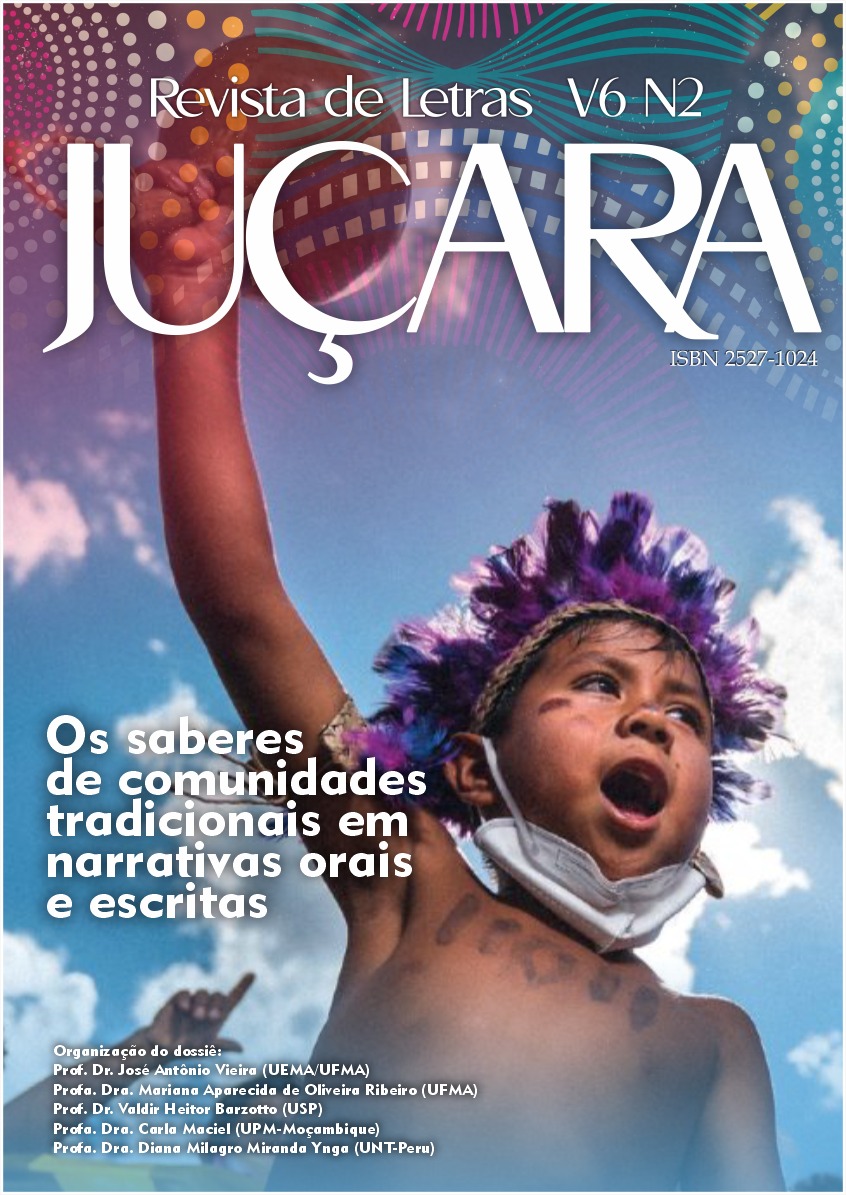MBA’ETU AYVU RAPYTA: LANGUAGE(S) AND LINGUISTIC EDUCATION IN A RESEARCH-ACTION WITH TEACHERS FROM THE MBYA ARANDU INDIGENOUS SCHOOL
DOI:
https://doi.org/10.18817/rlj.v6i2.3036Abstract
In order to overcome the monologic of knowledge, a reform in favor of an Ecology of Knowledge is necessary, which concerns the creation of plural epistemic spaces that bring from invisibility knowledge marginalized by the univocity of colonial thought, such as indigenous knowledge. Our work carried out a research-action with teachers of the indigenous schooling from Tekoa Araça'í, territory of the Mbya Guarani people in the Brazilian Atlantic Forest, and developed a diatopical hermeneutics about language(s) and linguistic education. We approached the problematics of what language(s) is(are) and how is language education being implemented in that context, along with its possibilities, through a collectively constructed methodology. The main objective of our work was to promote the emergence of knowledge about linguistic phenomena and educational practices, especially linguistic education. The analyzed data composed a dossier with 17 reports, 11 multimodal texts, 4 transcribed dialogues, 5 transcribed videos and 7 other documents. Data analysis was performed using a narrative methodology organized by five filters. Results identify epistemes capable of touching social, identitarian, religious, political and educational dimensions. They suggest the intrinsic connection between the Guarani language and the Nhandereko, the traditional Guarani livelihood.
Downloads
Published
How to Cite
Issue
Section
License
Copyright (c) 2022 Fernanda Martins Felix, Carina Catiana Foppa, Neiva Gabriel Fernandes, Olivia Krexu Palácio, Laércio da Silva, Sílvio de Quadros, Isaque Karai da Silva, Mayara Vieira da Silva

This work is licensed under a Creative Commons Attribution 4.0 International License.
A submissão de originais para a Revista de Letras Juçara implica na transferência, pelos autores, dos direitos de publicação. Os direitos autorais para os artigos publicados nesta revista são do autor, com direitos da revista sobre a primeira publicação. Os autores somente poderão utilizar os mesmos resultados em outras publicações indicando claramente a Revista de Letras Juçara como o meio da publicação original.


